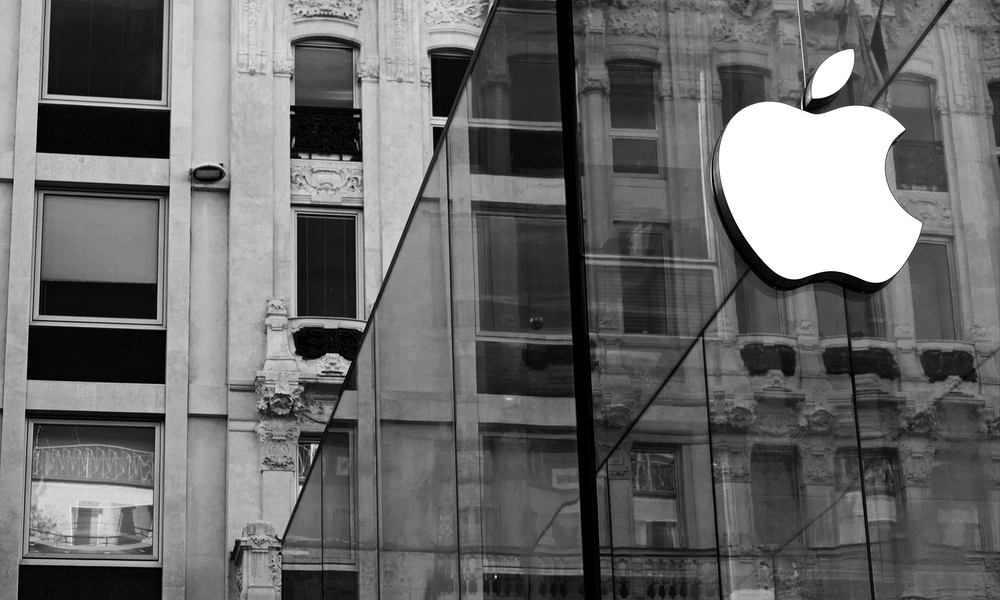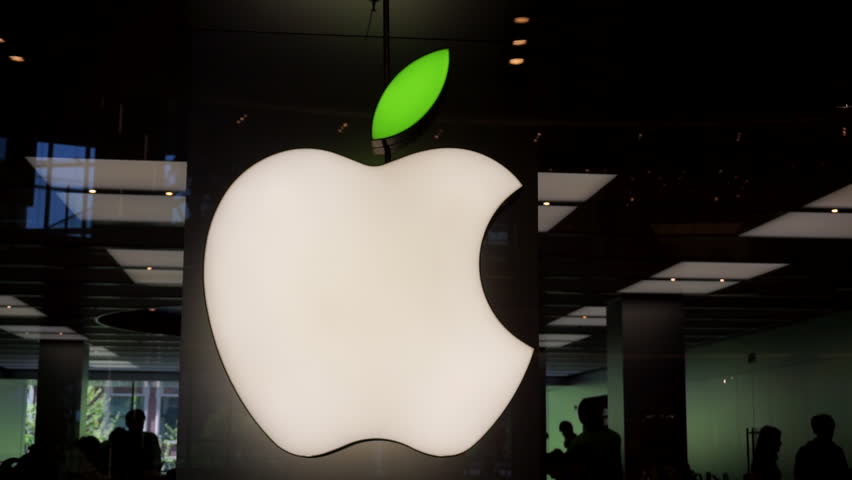Does Apple Underpay Its Female Employees? This Lawsuit Says Yes
 Niccolò Chiamori
Niccolò Chiamori
Toggle Dark Mode
Although Apple is one of the most inclusive companies out there, it may not have been doing enough to ensure that female employees among its ranks receive equal pay for equal work. At least, that’s what a new class-action lawsuit alleges.
As reported by the Wall Street Journal (Apple News+), two female Apple employees filed the proposed class-action suit yesterday, alleging that the iPhone maker pays women lower salaries than men for similar work.
The lawsuit was filed by Altshuler Berzon LLP in a San Francisco state court. It will still need to be certified to reach class-action status, and the firm is calling on women employed by Apple in California in Engineering, Marketing, or AppleCare after June 2020 to speak up if they feel they were unfairly compensated by the tech giant.
The lawsuit ultimately hopes to represent a class of 12,000 women employed at Apple Park and other Apple facilities in California during the past four years — the maximum period for such claims. The plaintiffs argue that Apple is violating California’s equal pay, employment, and unfair business practice laws in its policies for setting compensation and handling performance reviews.
For its part, Apple claims it achieved gender pay equity in 2017 and has maintained it ever since. A spokesperson said the company “works with an independent third-party expert to examine team members’ total compensation and makes adjustments where necessary.”
At Apple we are deeply committed to inclusion and we have a longstanding commitment to pay equity, which is embedded in our approach to compensating our valued team members.Apple spokesman
If the allegations in the lawsuit are accurate, Apple’s problems with pay equity may be systemic rather than deliberate, resulting from policies that skew compensation numbers downward for female employees by basing it on their past employment and their expectations.
If you do pay women less, you can’t defend it by saying they were willing to take less money.James Finberg, plaintiffs’ attorney
For example, as the WSJ explains, Apple used to ask applicants about their previous salaries, using that as a guideline for the pay they would receive in a new position at Apple. That practice was outlawed in California in 2018, after which Apple switched to asking applications about their pay expectations instead.

However, in both cases, this resulted in lower pay for female employees by perpetuating the gender discrimination they may have received previously. This was one reason that California banned employers from considering prior pay when setting compensation, but asking a potential employee what they expect to be paid doesn’t solve the problem as most will still offer a number that’s based on what they were making before.
One of the plaintiffs, Justina Jong, suffered through years of pay discrepancies after being hired over ten years ago at the same base salary she earned in her previous job and subsequently discovering that a male co-worker with the same responsibilities was making $10,000 more than her. For a long time, she hoped the situation would eventually sort itself out, but it never did. Even as she and her male peers received raises, the gap remained.
I felt terrible and was shocked as well. I saw myself as a hardworking person, and collaborative, providing a lot of solutions for the team. I thought to myself, ‘Maybe if I work harder, they will see that I’m worth just as much or more.Plaintiff Justina Jong, in a WSJ interview
It wasn’t until Jong began hearing stories about unequal pay from other women at the company that she decided it was time to do something to challenge the status quo.
The other plaintiff named in the lawsuit, Amina Salgado, started with Apple in 2012. After discovering she was paid less than men in similar roles, she chose to fight the pay equity issue internally. She received a pay increase after a third-party investigator determined she was right. However, the increase didn’t include back pay, nor did it force Apple to address the issue for other women in similar situations.
This isn’t the first time Apple has come under fire for gender discrimination. In 2022, The Financial Times interviewed several women who alleged they were victims of harassment, bullying, and even sexual abuse by male coworkers but found their complaints minimized or ignored by Apple’s human resources department, known internally as the People team. Some even said they felt retaliated against for reporting their concerns.
This wasn’t just rank-and-file employees, either. Jayna Whitt, a director in Apple’s legal department who had worked with the company for 15 years, told FT that when she informed HR that a colleague she had been in an abusive relationship with was hacking into her devices and issuing death threats, the People team made her feel “humiliated, exposed and less safe.”
Instead of addressing her concerns, the Employee Relations unit took little interest since the incidents didn’t occur on company property. Instead, it accused Whitt of “fail[ing] to act in a professional and work-appropriate manner” and insisted she sign an official “Policy Violation Warning” for engaging in a personal relationship that affected her work performance and failing to properly secure her devices and accounts against such intrusions.
Whitt refused to sign, although she still received a formal reprimand in her personnel file and was suspended with pay pending an investigation into her “workplace behaviour.” During that time, Whitt decided it was time to stand up for her female colleagues, blowing the whistle with a 2,800-word essay on Lioness describing what she went through in detail.
I recognize that I am still so fortunate; others suffering similar ghastly experiences are in much worse circumstances. Though I suspect this essay could bring my career at Apple to an end, I am writing it in the hopes that the company will change. If Apple treated me this way—a loyal, high-performing, long-term employee who’d reached the coveted director level—how is it treating others? A pool left with the fiercest sharks who managed to survive creates a hostile environment, is not diverse, does not lead to the best products, and should not be the goal. I would like to see an Apple where a dedicated employee who needs to work part-time is not demoted and stigmatized, where a person suffering from domestic abuse is not shamed and punished, and where empathy is practiced, not just preached.Jayna Whitt
A few months later, Apple terminated her employment, citing a minor indiscretion from six years prior as justification.
At the time of the Financial Times report, Apple issued a statement that it “works hard to thoroughly investigate misconduct allegations and strives to create an environment where employees feel comfortable reporting any issues.” However, it also acknowledged that it sometimes fails to meet those ideals, adding, “There are some accounts raised that do not reflect our intentions or our policies and we should have handled them differently, including certain exchanges reported in this story. As a result, we will make changes to our training and processes.”








